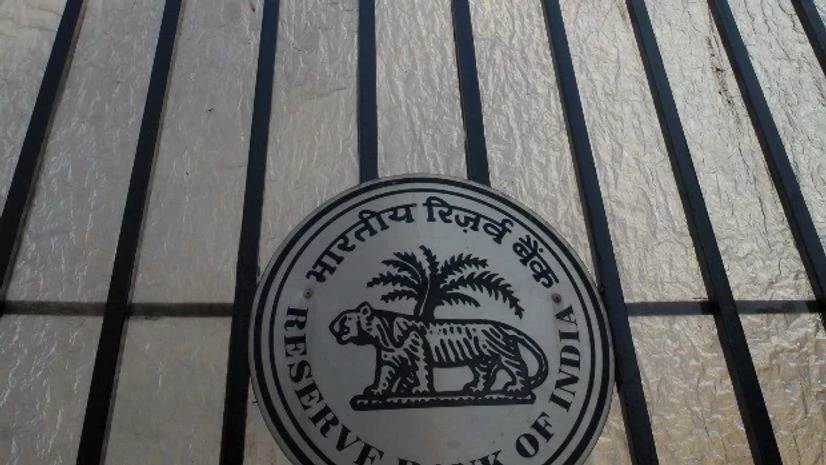The Reserve Bank of India (RBI) has amended rules, giving lenders leeway in making provisions. The move is aimed at easing the burden of banks to provision for frauds. While computing the provisioning requirement, banks can adjust financial collateral eligible under Basel-III norms available for accounts declared as fraud account, RBI said in a communication to banks.
Under normal circumstances, banks should make provision immediately when a fraud is detected. This provision should be for the entire amount due to it or amount for which the bank is liable (in case of deposit accounts).
Read more from our special coverage on "RBI"
But, banks can spread them over a maximum of four quarters, commencing from the quarter in which the fraud has been detected, to smoothen the effect of such provisioning on quarterly profit and loss, RBI added.
Where the provisioning spills over more than one financial year (subject to four quarters), banks should debit "other reserves" by the amount remaining un-provided at the end of the financial year as credit for provisioning. However, banks should proportionately reverse the debits to "other reserves" profit and loss account, in the subsequent quarters of the next financial year, RBI said.
Banks will disclose information on number of frauds reported, amount involved in such frauds, quantum of provision made during the year and quantum of unamortised provision debited from "other reserves" at the end of the year, the notification said.

)
